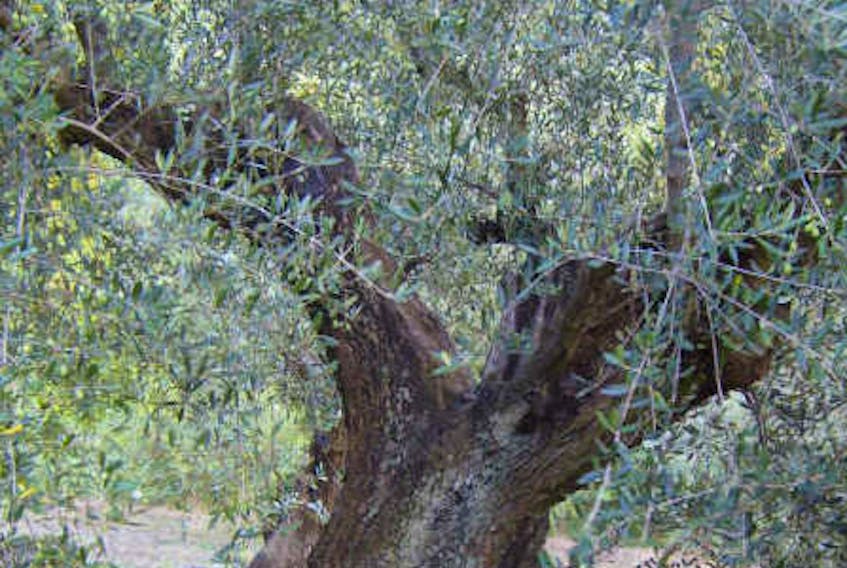There is a criminal case in Italy about olive trees, and the disease Xylella fastidiosa, which is killing thousands of trees.

Scientists studying the disease said the best way to control it was to cut down and destroy affected trees, and healthy trees around them.
It’s pretty much what you’d be told in this province if you have a damson tree with black knot; it can’t be cured, it can only spread, so cut down and burn the affected trees.
But the olive trees were economically important, and populist politicians whipped the public into a fervour with the idea that scientists were deliberately trying to get grant money and lucrative contracts for their research. So, scientists ended up being charged with causing the epidemic for their own ends. They were acquitted last week.
It might not be shooting the messenger, but it sure was arresting the messenger.
It reminds me of scores of stories about science, especially climate science, where the claim gets made endlessly that scientists are supposedly falsifying their work in the eager hunt for fame, scientific grants and other imagined fortune.
Often, that suggestion seems to come from politicians, who are, inevitably, keenly aware of the value of self-promotion to their future political success.
It makes me shake my head.
Do the people who make that kind of suggestion — or believe it, for that matter — actually even know any scientists?
I grew up in a family of scientists and engineers, and if there’s one thing that taught me, it’s that the hard science crew mine ore that runs in a particularly thin vein. In other words, scientists tend to be particularly focused on the minutiae of their own specialization. Talk to a flatworm biologist about their work and prepare to be out of your depth (and bored out of your mind) before they’ve even finished describing how the worm’s nervous system works.
Scientists want very much to be right about their hypotheses, but they’re also deathly concerned about being wrong.
Do the people who make that kind of suggestion — or believe it, for that matter — actually even know any scientists?
They test and retest and retest.
Their work, unlike that of any politician I know, is peer-reviewed by specialists in their own field before it is published, and those reviews are taken very seriously.
There are, of course, exceptions to every rule.
It reminds me of being sent on that most television of journeys: go to the nearest fishing community — in this particular case, Petty Harbour — and get some videotape of fish harvesters talking about how they feel about a federal government fisheries decision.
I found three guys in a shed, playing cards, with plastic cups, a two-litre bottle of ginger ale and a bottle of Schenley Golden Wedding.
I asked them if they’d talk to me, and after a pause, one spoke up: “You don’t want us. You want the TV fishermen.”
They told me where to find the usual suspects.
Yes, there are TV fishermen.
And yes, there are also TV scientists.
But the vast majority of those working in science are beavering away on precise, intensely detailed work that as few as a handful of scientists worldwide even comprehend the significance of.
Scientists don’t go into their fields for fame and fortune. Most live in a small bubble with the handful of other scientists who truly know and understand what their particular stream of research means. No one ever said, “I’m going to get rich and famous by studying clubroot in broccoli and the other members of the Brassicaceae — I’m going to be the one to put Plasmodioporaceae on the map, damn it!”
The irony to me is that the politicians who complain about grandstanding scientists are actually the ones whose job depends on the grandstand, and on knowing how to play that grandstand like a fiddle.
And play it, they do.
Russell Wangersky’s column appears in 36 SaltWire newspapers and websites in Atlantic Canada. He can be reached at [email protected] — Twitter: @wangersky.
MORE FROM RUSSELL WANGERSKY









